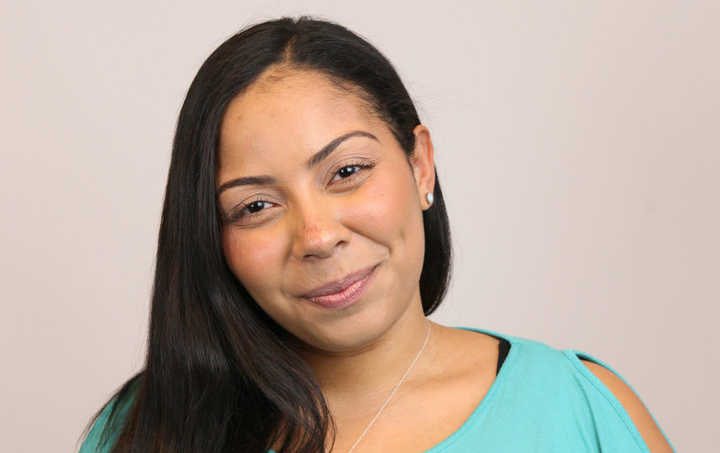Latina Accepted To 11 Med Schools – Affirmative Action Had Nothing To Do With It

Latina Accepted To 11 Med Schools – Affirmative Action Had Nothing To Do With It
“I am proud of my background and … of what I have overcome to get here.”
All Chelsea Batista wanted was to get into one of the 18 medical schools she applied to. Instead, she got into 11.
“I was absolutely surprised,” the 21-year-old senior at Macaulay Honors College at Brooklyn College told The Huffington Post via email. “When I received my first acceptance, I was golden. When more acceptances started coming in, I was astounded.”
The student was accepted to Columbia University College of Physicians and Surgeons, Weill Cornell Medicine, New York University, Tufts University School of Medicine, Albert Einstein College of Medicine, Drexel University College of Medicine, Hofstra Northwell School of Medicine, Icahn School of Medicine at Mount Sinai, Howard University College of Medicine, SUNY Downstate College of Medicine and SUNY Stony Brook School of Medicine. At least two schools offered her a full-tuition scholarship. Chelsea Batista was accepted to 11 medical schools.
“I was absolutely terrified that I wasn’t going to get into even one school,” she told HuffPost. “That’s why I filled out so many applications. Even with that fear, though, I made sure to aim high. I always said, the worst they can say is no, and it’s automatically a no anyway if I never apply. So I did.”
Batista is the daughter of Dominican immigrants, but she was born and raised in Brooklyn. The Latina says she knew her journey to become a doctor would be more difficult because of her heritage and gender, and because she comes from a low-income background.
“Pursuing a medical career is difficult for anyone who wants it,” she said. “However, as a young Hispanic woman, I had to confront some harsh realities about my individual path toward medicine. My family came from poor backgrounds in the Dominican Republic. They came here in order to provide a better life for their children. It took a higher level of initiative and ambition for me to aim for higher goals, especially because I had less access to the resources that many other applicants were able to pay for.”
Only around 4.8 percent of medical school applicants were Latinas in the 2016-2017 period, according to the Association of American Medical Colleges.
“I realized early on that I was entering a field where I would truly be the minority,” Batista said of the figure.
She added that because of her socioeconomic background and ethnicity, many people have credited her medical school acceptances to affirmative action policies.
I had to remind myself that I was not chosen because I am a Hispanic woman who fulfills the requirements. I was chosen because as a Hispanic woman, I had to struggle through more obstacles and resistance than the typical medical school applicant and I still managed to excel.”
“Several naysayers have attributed my successes to affirmative action, as opposed to discipline and hard work,” Batista said. “At some points, I had to remind myself that I earned these accomplishments. That I worked just as hard as those around me and that I had to break through a prominent glass ceiling to get here. I had to remind myself that I was not chosen because I am a Hispanic woman who fulfills the requirements. I was chosen because as a Hispanic woman, I had to struggle through more obstacles and resistance than the typical medical school applicant and I still managed to excel.”
“I am proud of my background and I am proud of what I have overcome to get here,” she added. “I am proud because, in spite of the disadvantages I may have been born into, I never let that stop me from pursuing my goals.”
Batista says she’s narrowed down her choices to a few schools in New York, where she will be able to stay close to family. Once in medical school, she plans to specialize in pediatric oncology.
“I have always wanted to work in a field that enables me to advocate for those who cannot advocate for themselves,” she explained. “Children are especially subject to the decisions their parents make about their health. With long-term, aggressive illnesses like cancer, I believe it is important to consider what the child wants and needs, as well as what the parents think is best for them. I want to be the kind of physician that fights for each and every one of my patients.”
Source: Huffington Post














